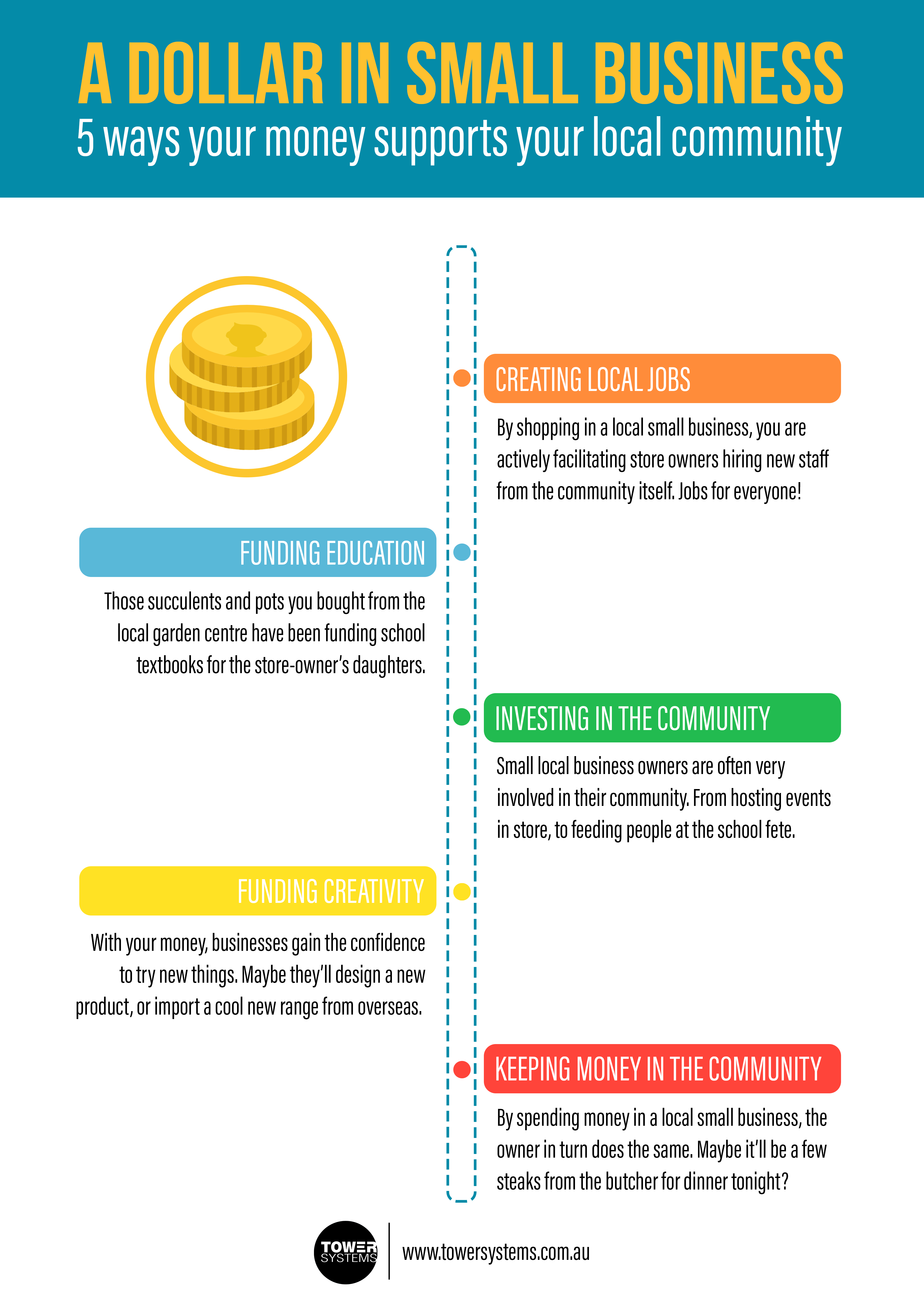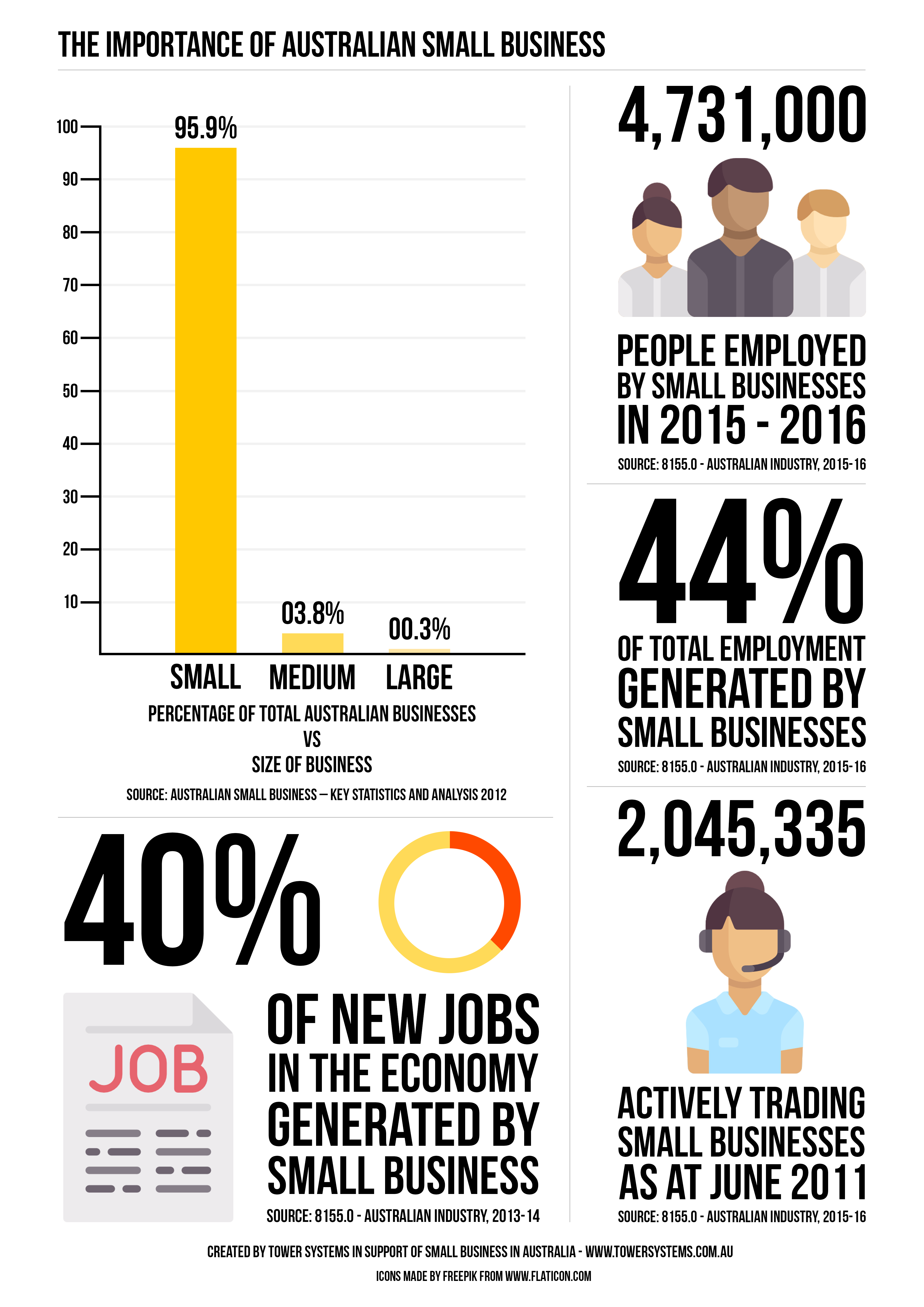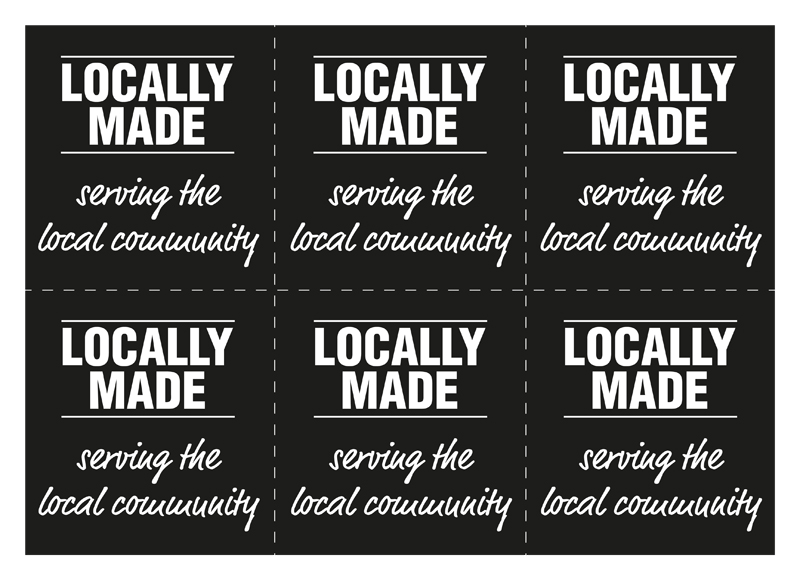This is us: Tower Systems, supporting small businesses
Tower Systems support small business retailers with a consumer education campaign
Inspiring visual merchandising for homewares retailers
Free marketing resources for small business retailers
Click here. No sign up, no registration. 100% free. ready for small business retailers to use right away. A gift from us.
Advice for small business retailers on quitting stock
In our work with small business retailers our help often passes from POS software help to business management help.
recently, we were asked for advice on when and how to quit stock. here is the template advice we have created, which is useful in many types of retail businesses.
Advice for small business retailers on quitting stock
If you want to quit stock, quit it, quickly. Quickly means different things to different people. To me, this think it means 7 days … gone and out of the shop in 7 days from when you decide to quit the products.
The easiest way to quit stock is for your shoppers to understand the deal. Understanding the deal starts with how you brand the sale.
A sign with SALE on it could mean anything. I suggest you NOT use this.
A sign with, say, 50% off could be confusing as they don’t know the starting price and some may not understand percentages.
Sign with HALF PRICE is more easily understood but they still do not know the starting price.
If you really want to quit stock, I suggest you have tables or dump bins at price points: $1, $2, $5 – or that ever is appropriate to you.
I have tested this. I have tried $9.99 priced an item at 50% off, half price and $5.00. The $5.00 pricing worked the best, by far.
This is our recommendation on quickly quitting stock: get the price messaging right.
If your price messaging is hard to understand or if there are too many different price messages you could be creating a barrier and this could stop you achieving the sales outcome you want.
Also: display the product for a sale. i.e. not pretty. Reorganise it daily. Keep it separate to the premium merchandise.
Advice for small business retailers experiencing year on year decline in retail sales
If your year-on-year sales are not down in your retail business, this advice is not for you.
If your year-on-year sales are down, something must change if you want to turn the situation around, please read on.
Sometimes, when we are asked by retailers how to deal with a year on year sales decline, our suggestions are not taken up and the business keeps doing what it was doing. In doing this, the declining trend will continue.
We appreciate it can be challenging looking outside of the fog of declining sales and worsening business performance numbers. However, if you cannot reach out beyond this fog the survival of the business is at risk.
Here is the most important statement relating to our advice:
If you keep doing what you have been doing, the sales results in your business will be what they have been, the trend is unlikely to change.
It would be a mistake to think that external factors are the sole reason your sales are down.
So, change is necessary – change in what you sell, how you merchandise and how you promote.
It is only from change that the sales decline could be arrested and reversed.
Our advice is to look for u-turn or right turn opportunities, changes you can implement to divert you from your current path.
Suggesting such changes is something we can do through looking at your business performance data for you. Ask us to challenge you. We will first ask to see your year on year data at a detailed level as this will reveal the truth of the situation and from there we can develop change suggestions for your consideration.
Why ask a POS software company? We see data from many different businesses. That perspective can help. We are retailers too and have been for decades. That provides a body of experiences on which we can draw in considering advice we can provide. We will gladly leverage our experiences to help in any situation.
We don’t have all the answers, we will even suggest ideas we later discover are mistakes. However, doing what you have been doing in a situation of declining sales is a bigger mistake.
Can we help?
Helping retailers take better photos for their POS connected online stores
Photos are very important to retailers who sell online. The better the photos of a product the easier it is for an online shopper to purchase.
This is tough small business retailers as they often need to photograph products themselves if they want photos that look different from the stock photos provided by suppliers.
Photography for online sales is different to personal photography.
We get involved in this as it is in our POS software where small business retailers store photos and other content for each product they wish to sell online. Having the one repository for inventory information and images is important. It assists management and provided ease of change should the need arise.
To take better photos, retailers need to have the right tools:
- The right place for photography that is setup for easy access.
- Props for posing photos as the more you can show how a product might be used the better in some circumstances.
- A lightbox for taking shadowless photos. This should take different background colours and bet of the right size for the types of products you are likely to need to photograph.
- A good camera. A current model smart phone is usually okay given the quality of the cameras they offer today.
- Basic editing software for correcting any imperfections than cannot be easily fixed by taking another photo.
- Photo guidelines for all product photos taken by the business, so there is a consistent aesthetic for photos used by the business.
Once photos are taken and the actual ones to be used have been selected, these are loaded into the POS software for use there and for feeding to any ecommerce site used by the business.
If there are bulk photos to be uploaded to an ecommerce site, there are easy ways to do this without having to go through the POS software if that is a preference.
While none of this is related directly to help desk support using our POS software, we happily get involved, sharing the expertise of our team gained from our own retail businesses and the various ecommerce sites with which they connect.
Business management help for small business retailers from our POS software company
Retailers who partner with our small business focussed POS software company can rely in us for more than terrific POS software. Every day we offer business help, advice and support, beyond the software itself but using the software as a mechanism for help.
Many calls to our management and help desk team are from business owners not knowing where to turn. We help where we can, based on our experiences, but without providing advice that we are not qualified to provide.
Since we own and operate retail businesses and have done since February 1996 we can draw on considerable experiences when helping our customers.
Like any small business owner, we like to help our friends and we see any small business retailer as a friend.
There are people we help who do not even use our POS software. That is not a requirement at all. Our support is for small business owners and their businesses first. Getting a sale of our POS software is secondary.
The advice and support we can be called on to assist with includes these areas:
- Shop lease terms, permitted use clause, special conditions.
- Employee management.
- Employee training.
- Customer theft.
- Employee theft.
- Business planning.
- Supplier trading terms.
- Supplier dispute resolution.
- Data analysis.
- Cash flow.
- Banking relationships.
- Business insurance.
- Visual merchandising.
- Quitting stock.
- Buying stock, planning, buy lots and related topics.
- Creating new products beyond what has been usual for the business.
- Landlord disputes.
- Trading online.
- Running a high street and online business.
There are many areas where we help and discuss beyond these listed here. This list offers a flavour of the types of areas we are asked to provide advice or a comforting ear on. Often, we are able to drawn on our own personal experiences and small business retailers like that.
We are grateful for the trust our c customers show in seeking our advice or listening ear when they have concerns. We do our best, and if we are unable to speak with confidence on a query, we try and point them in a direction of someone who can.
This is all part of the Tower Systems service and assistance to small business retailers. We saw we’re here to help and try hard to live up to that.
POS software that helps small business retailers connect with the community
POS software that helps small business retailers stand out
Small business marketing advice: people like shopping local
 For years, we here at Tower Systems have helped small business retailers to pitch shop local in a range of interesting and creative ways.
For years, we here at Tower Systems have helped small business retailers to pitch shop local in a range of interesting and creative ways.
Our work in this area has nothing to do with small business POS software, yet it has everything to do with it.
Shopping local is important for local economies and we love helping small business retailers to encourage locals to shop local.
These are other resources from us are free to anyone via our website with no password required.
Small business retail advice: save time and money with Xero POS software integration
Save time, eliminate bookkeeping costs, cut mistakes and make better business decisions sooner with the Tower Systems POS software Xero integration.
Our Xero partnership sees us linking direct to Xero. No middleware. No third p[arty. This is a direct, fast and time saving link. It is best-practice.
We use this link ourselves in the retail businesses we own and run. We know it works a treat. Our accountant loves it.
The Xero integration designed by Tower Systems, working with the folks at Xero, makes it easy for small business retailers to cut accounting paperwork and thereby tap into time and money saving benefits.
We use our Xero integrated POS software ourselves. This enables us to provide practical advice on how to benefit the most from Xero and our POS software working together.
Our customers have access to our in-house CPA, to provide a professional accounting perspective on the link and how to get the most from it.
Tower Systems is a unique POS software company. In addition to serving 3,500+ small business retailers, we own and operate several retail businesses as live test sites. Our in-house CPA manages the accounts for these retail businesses.
Helping small business retailers quit dead stock with best-practice advice
In our weekly customer support email to our small business POS software users we include everyday business management advice.
We are grateful for customer feedback on the practical tips we provide and for suggestions on new topics se can cover.
Here is recent advice we shared with our customers on quitting dead stock.
If you want to quit stock, quit it, quickly. Quickly means different things to different people. We think it means 7 days … gone and out of the shop in 7 days from when you decide to quit the products.
The easiest way to quit stock is for your shoppers to understand the deal. Understanding the deal starts with how you brand the sale.
A sign with SALE on it could mean anything. We suggest you NOT use this.
A sign with, say, 50% off could be confusing as they don’t know the starting price and some may not understand percentages.
A Sign with HALF PRICE is more easily understood but they still do not know the starting price.
If you really want to quit stock, we suggest you have tables or dump bins at price points: $1, $2, $5 – or that ever is appropriate to you.
We have tested this. We have tried $9.99 priced an item at 50% off, half price and $5.00. The $5.00 pricing worked the best, by far.
This is our recommendation on quickly quitting stock: get the price messaging right.
If your price messaging is hard to understand or if there are too many different price messages you could be creating a barrier and this could stop you achieving the sales outcome you want.
Also: display the product for a sale. i.e. not pretty. Reorganise it daily. Keep it separate to the premium merchandise.
This advice in another example of how Tower Systems helps small business retailers beyond our POS software and the support you may expect from a company like us.
We love helping small business retailers save time, make money and enjoy their businesses more. These are core goals of our Australian POS software business. They reflect what we call the Tower AdvantageTM.
Brilliant marketing tip from a dentist
Free marketing tools for small business retailers
Click here for no fuss access. We don’t ask for your email. We don’t track you.
Small business marketing help
Small business marketing tip: get creative with signs
A fun and engaging sing on the footpath in front of your shop can attract people to your business. It can challenge people to consider your business beyond what the shingle above your door may say. The more creative the sign the better.
Go all out creative. Have fun. Be colourful. Shop that shopping with you will be fun. People want fun.
Here are a couple of signs we have seen recently that we love:
Small business visual merchandising inspiration
We are grateful for the opportunity to visit many retail businesses in our work representing our POS software. Along the way we get to see some cool visual merchandise rising. Here is one display we love:
This is warm, engaging and inviting … less about shopping and more about discovery.
Small business retail advice: make every day your pay day
There was a time when small business retailers could rely on selling their business for a handsome increase on the price they paid thereby providing a good pay day, when businesses sold for a good multiple of net earnings.
No more. Today, the best way to extract value from our businesses is to make every day your pay day, to not rely on your pay day being the day you sell the business.
The challenge is how do you do this?
Retailers need to look at their businesses differently. This starts with the mindset of every
day being your pay day. Each decision needs to be considered in this context.
Focusing on profit today will give you a better result today and make your business more valuable tomorrow.
Here are some suggestions for making every day your pay day:
- Run with the leanest roster possible. Just about every retail business we review has capacity to lower labour costs.
- Have your best people working the floor, helping customers spend more.
- Have stunning displays that attract people from outside the shop.
- Have compelling displays in-store that encourage people to browse beyond their destination purchase.
- Always have impulse offers at high traffic locations.
- Charge more every time you can. Loyalty programs such as discount vouchers, bundling into hampers, multi buys such as 2 for 3 and other opportunities enable you to do this by blocking price comparison.
- Buy as best you can.
- Grab settlement discounts every time you are able.
- Promote outside your store using online and social media opportunities.
- Leverage adjacency information. Chase a deeper basket – people purchasing more each visit.
Be responsible for the profitability of your business. Don’t blame your suppliers, your landlord, your employees or some other external factor … it all comes down to you – the decisions you make and the actions you take.
If you relentlessly pursue profit with a clear focus you are likely to see profit grow. That’s better than waiting to make money when you sell because that’s less likely to happen in this market.
Doing all this relies on your measuring the performance of your business. The Tower software helps with this. It is easy.
Small business management advice: the best way to integrate your retail business website with your POS software
Tower Systems takes a best practice approach to helping small business retailers to integrate their POS software with their websites. The company offers multiple opportunities:
- Magento integration.
- Shopify integration.
- Woo Commerce integration.
- Webstore link for other sites.
- A Tower developed website deeply integrated with the Tower POS software.
Each of these is a beautiful and seamless solution from Tower Systems, cost effectively serving small business retailers.
Our in-house web development team makes it easy for small business retailers to establish a beautiful,s successful and professional website, directly and live linked to the Tower Systems POS software. We have plenty of small business retailers for whom we have done this, plenty of reference sites.
All done in-house by us.
We are thrilled to have two local development teams in our business that can deliver: web solutions and desktop in-store solutions.
Our business management advice today is to get the best tech solution for your business. the rewards will be more online and offline sales.
Small business retail management advice: be David to the big business Goliath – how small business retailers can compete against big business
Small and independent retailers often feel helpless when a big national retailer opens up nearby. There is no match for their range, buying power, advertising coverage or even news coverage.
The sheer size of a national competitor is what scares many smaller retailers. This is often enough for them to give up and close the business.
Giving up and running is the easy way out. There is no lesson learned, just an escape from the fear.
The alternative is to find out how to deal with the national retailer.
Here are five tips for small businesses on how to face and deal with a national retailer moving into the area:
- Don’t compete. By not talking about the competitor, pricing against them or pitching your business in any way, you separate yourself. While they may have similar products, it is unlikely that they are targeting your specific business so why target them? Focus instead on your own business.
Not competing should include not advertising price comparisons, not focusing on the competitor at staff meetings, not expanding your range to sell more of what they sell and not obsessing about them.
I was working with an independent retailer recently who decided to offer a product they sold which is also available in a nearby national retailer for 10% less than the sale price in the national retailer. This move gave the independent retailer a margin of 15%. In discussion I discovered that most of the customers who visited the independent retailer were unlikely to shop in the national retailer. So why compete on price?
If you know why customers shop with you, you have the opportunity of not giving up margin out of fear.
- Run a better business. From the moment you hear about a new national retailer coming to town, look at every aspect of your business for opportunities for improvement. From the back room to the font counter fine tune your processes, employee training, stock buying and the look of the business. Dramatically improve your business from the inside out. This will improve your business health and help you weather challenges which may lie ahead.
Too often, independent retailers wait until the national retailer is open to react. This is probably a year or two too late.
- Be unique. Look for ways to make your business unique. It could be on product range, operating hours, add-on services or something else. Embrace any opportunity to make your business unique. Even a unique niche range of products can give you traffic a big competitor will not chase. Try and focus on products which require a level of retail skill and knowledge to sell – national retailers have challenges hiring and retaining retail employees with specialist knowledge and skills.
- Engage the community. Connect with the community at every possible opportunity. Support local groups, speak at functions, get known as someone and a business who care deeply about the local community. Subtly make the connection that you are fortunate to be able to help because of your local business.
Being smaller and independent you are better able to personally engage with the community. You and your team are the business whereas a national chain will always be the corporate. They can throw money around locally, you can throw time, knowledge and more flexible assistance.
- Tell your stories. Your retail narrative, your stories, connect you with the local community. Tell these through the people you contact, your own blog, a Facebook page and in the pages of the local newspaper. Tell human stories about your business, the people who work in it and the local stories which connect with it.
Your stories could be about local community connection, convenience of shopping, commitment to range, personal customer service, product niche knowledge … there are many different narratives with which an independent retailer can connect. It is important that one you have your narrative you stick to is, that it inhabits your decisions, marketing and public presentation.
By acting early and in advance of a national retailer opening, you better position your business to weather their advertising and PR onslaught. Get in early, build a stronger business and understand that through this the new business in town will not be your competitor.
Small business retail management advice: de-clutter and let people see your shop differently
We get to see many different retail stores in our work serving small business retailers.
To us, the best looking stores are those that are not cluttered, that do not have too many posters, notices and displays competing for eyeball time.
Retailers tell us they like this simple advice from us:
Stand at the entrance to the business and note how many posters, signs, offers and displays are vying for attention? Next, try and cut the number by half.
Often we find in retail that less can be more. Fewer posters, signs and displays can result in those who you have generating a better return for the business.
While this advice has nothing to do with small business POS software, we are fortunate to be able to build other skills as we work with our customers. We are also grateful to have our own retail shops where we can play with these ideas for ourselves.
How Australian politicians fail small businesses
Here we are 100 days from the last federal election and not much has changed for small business.
The words from the campaign about the importance of small business to the Australian economy appear to have been forgotten as politicians prefer to fight each other over issues of little relevance to everyday Australians and small business owners.
Take the issue of Australian banks. Small business owners are treated appallingly by by the big four banks. There are countless stories of shocking service and unfair practices yet the government refuses to establish the mechanism most Australians want for these issues to be considered – a Royal Commission.
Take the issue of red tape. We recently wrote to federal and state ministers responsible for an area related to one o our specialty software packages. In our letter we noted each state and territory has different requirements for what should be a national matter. We received responses from all the minister offices and not one letter progresses the matter – leaving small business owners navigating arcane and time –consuming red tape for the sake of red tape.
We could go on.
What we want is politicians who are true to their word, politicians who deliver opportunities for improved efficiency to small business, politicians who demonstrate through legislation that they actually believe small businesses are the backbone of Australia.
Right now, it seems to this small business that politicians are all talk and no action.
Small business retail management advice: how to run a Facebook competition
Our small business POS software company helps retailers in many different ways every day. Often, advice is sought on business management needs outside of POS software needs. In one case recently we were asked to provide advice on running Facebook competitions. Here is the advice we provided:
Running a competition on your business Facebook page is a terrific way to drive engagement and attract likes (followers).
Here is our advice on how to do this based on running many competitions on our various pages.
- Here is an example of competition text we would use in a store: Win this adorable Herbie Willow Bear. Share and comment on this post to enter. Like our Facebook page for more Willow news. Comp. ends Sept. 21 @ 5pm. Winner drawn at random and announced here. Prize to be collected from the shop.
- Run competitions for a short time of between a day and five days. Any longer and it gets lost.
- Be clear in your call to action.
- Be clear with any rules.
- Include either one photo or four with one being rectangular and three being square.
- Boost the post for the first day or two days but not for the whole time. Select the audience based on the product you are promoting.
- Watch entries and comment where appropriate.
- Choose the winner by getting all the entries on the screen and scroll up and down and where it ends is your winner. The choice must be random.
- Announce the winner on the post as a comment.
- Message the winner. If they don’t respond in a day, message them again and say they have x days to collect.
- If they do not collect in, say, seven days, redraw.
Here the most important advice: every competition must have a commercial imperative, a goal for the business in terms of likes, store visits, purchases. Know your goal and measure your achievement once the competition is over.
Competitions are an excellent way to drive engagement on Facebook for any business. Get it right though – otherwise you could do more damage to your brand than you would like. The old adage of measure twice and cut once works here when setting up competitions.
















Recent Comments